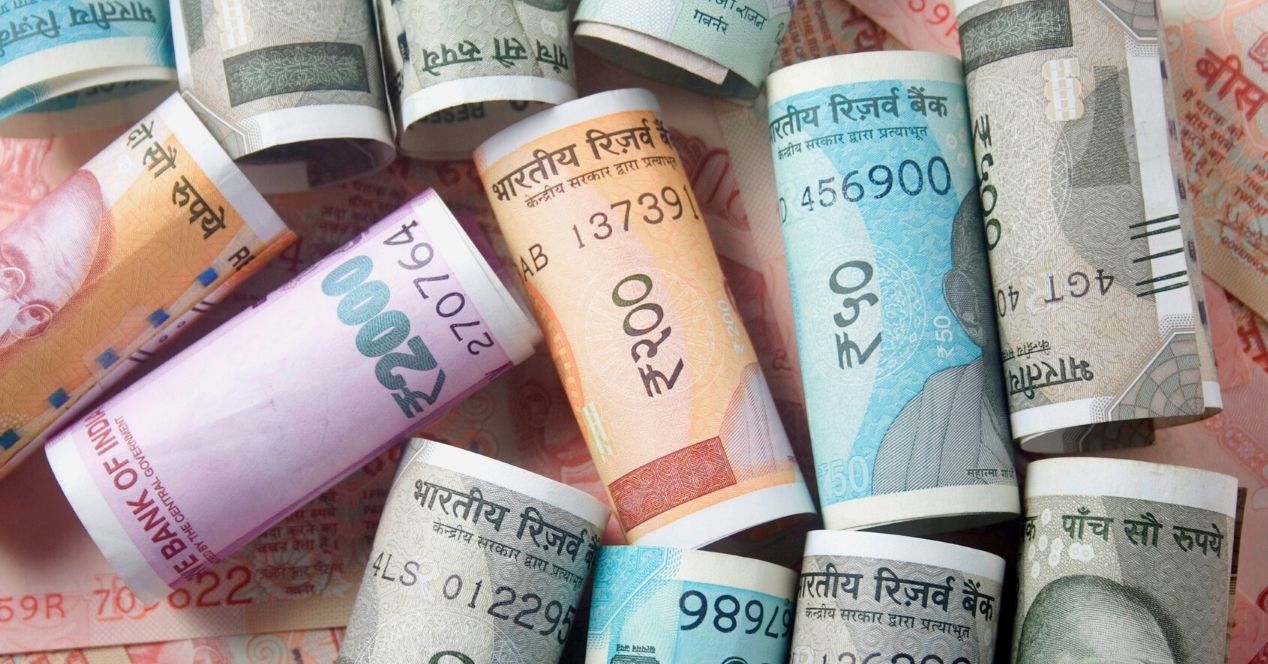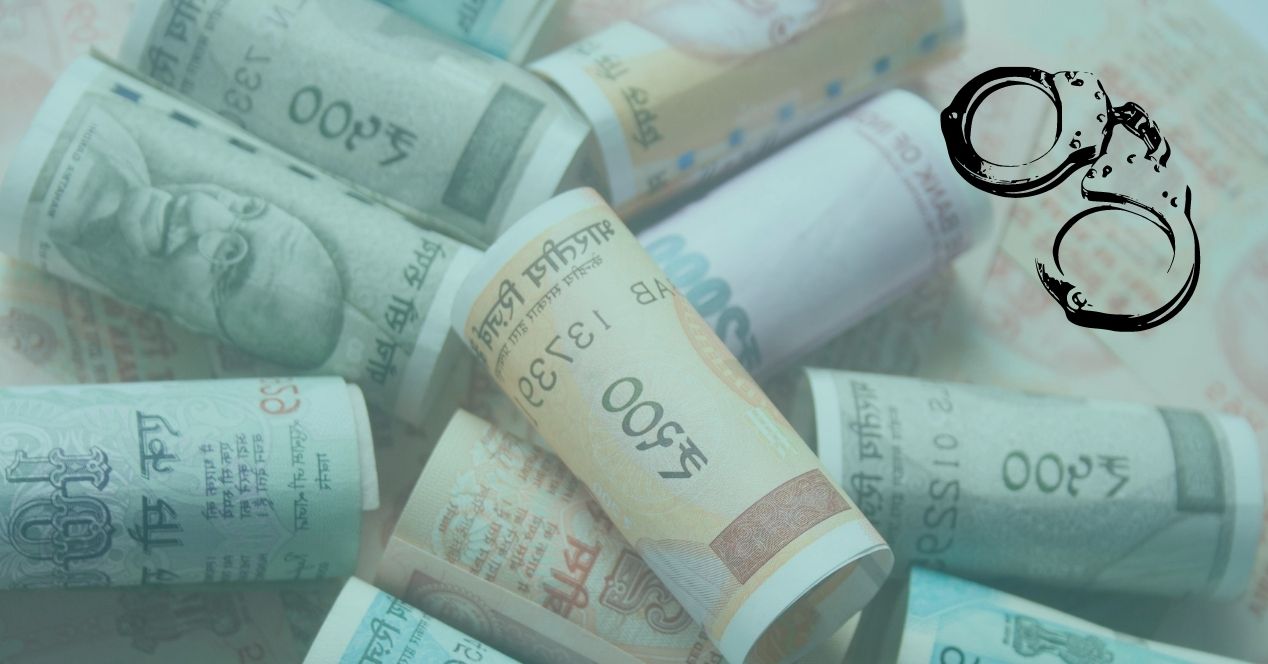Analysis
SCO Shorts: The Money Laundering Judgment (PMLA)
On July 27th, 2022, the SC held that the Prevention of Money Laundering Act must be stringent, as it was designed to tackle a heinous crime.

Background
Global drug trafficking hit alarming heights in the United States in the 1980s. The immediate consequence was an increase in money laundering of illegal profits reaped from drug trafficking. As a response to a growing crisis, the United Nations adopted the Convention against Illicit Traffic in Narcotic Drugs and Psychotropic Substances (the Vienna Convention) in 1988. The Vienna Convention directed signatories to recognise money laundering as a criminal offence. India is a signatory to the Convention.
In 2002, the BJP-led Government enacted the Prevention of Money Laundering Act, 2002, as per the Convention. The PMLA empowers the Directorate of Enforcement (ED), a financial investigation agency under the Union Government’s Department of Revenue, to enforce the provisions of Act.
The ED may issue summons, record statements, make arrests, and search and seize property, in furtherance of its obligations under the PMLA. The ED enjoys the unique power to compel persons to make self-incriminating statements by imposing a fine on accused persons who are withholding information or lying.
Most notably, the ED is not classified as a ‘police agency’. This means that it is not bound by the procedures and standards set for criminal investigation under the Code of Criminal Procedure Code, 1973 (CrPC). Further, the PMLA has considerably onerous conditions for bail. In complete contrast to criminal law, which functions on the presumption of innocence of the accused person, the PMLA requires an accused to prove that they are not guilty, to receive bail.
Who Filed the Case?
More than 80 petitions have been filed challenging certain provisions of the PMLA. The earliest petitions were pending since 2014. These included petitions filed by several politicians accused of money laundering, such as Lok Sabha Member Karti Chidambaram, former Punjab Member of Parliament Sarwan Singh Phillaur and former Jammu and Kashmir Chief Minister Mehbooba Mufti.
Why Does this Case Matter?
The number of PMLA cases filed each year has rapidly increased since 2014, when the NDA government assumed power. In 2014, 209 cases were registered under the PMLA. In 2021 that number had risen to 3985.
The accused persons in recent times appear to fit a particular profile. They are often prominent members of major opposition parties in India. The list includes Sonia and Rahul Gandhi from the Indian National Congress, Satyendar Jain from Aam Aadmi Party, Sanjay Raut from the Shiv Sena and Sharad Pawar from the National Congress Party.
What did the Petitioners Argue?
- The ED’s wide powers are not regulated by any procedural safeguards to protect an accused. There is scope for severe misuse.
- ED officers’ powers are akin to the powers of the police. The same rules that apply to the police under Criminal Code of Procedure (CrPC) must apply to the ED.
- The severe bail conditions effectively make bail near impossible to secure. The reversed burden of proof violates the right to liberty guaranteed in Articles 14, 19, 20 and 21.
What did the Union Argue?
- The PMLA places sufficient restrictions on the ED’s powers. Money laundering is a sophisticated offence and needs a special, distinct procedure to curb it.
- The PMLA is designed to ensure that the accused is not awarded opportunities to destroy evidence or unlawfully dodge criminal liability. Applying the CrPC will force the ED to divulge information and grant time to accused persons, which they may use to destroy evidence or conceal information. Diluting the ED’s powers under the PMLA would defeat the purpose of the Act.
- The onerous requirement of proving innocence is required to meet the purpose of PMLA. Money laundering is a heinous offence and the pressing need to control it justifies the reversed burden of proof.
The Court’s Decision
On July 27th 2022, Justices A.M. Khanwilkar, Dinesh Maheshwari and C.T. Ravikumar upheld the PMLA provisions as is. The Bench held that, under the PMLA, the ED had the power to conduct an ‘inquiry’, not a criminal investigation, which was conducted by the police. The ED is not, therefore, akin to the police and bound by the CrPC.
Under its special powers of inquiry, the ED may record statements from the accused with threat of penalty. They may retain their wide powers of arrest, search and seizure, and attachment of property.
Further, the Bench held that the severity of money laundering justified the reversed burden of proof and onerous bail conditions.
Bottom Line
Concerns around the misuse of PMLA for the detention of dissenters have increased. Nearly 20 Opposition parties have raised concerns that the PMLA and the ED will become a tool to further the ruling government’s ‘political vendetta’.



